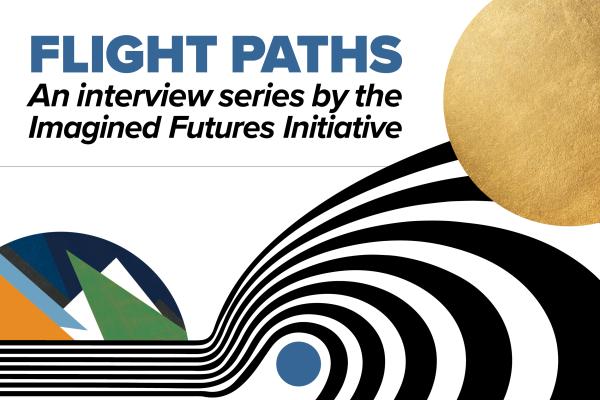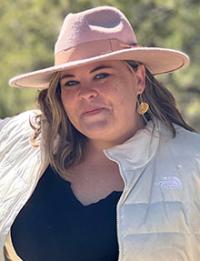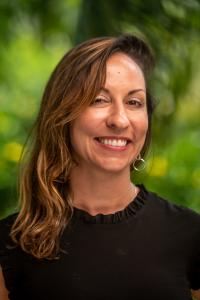FLIGHT PATHS | Building Transferable Skills

Graduate alumni are using their skills in many lines of work. Career allies can support graduate students as they discern what career path is right for them. “Flight Paths” is series of alumni profiles — produced by GAHDT's Imagined Futures: Graduate Professional Development Initiative — that highlights the key roles mentors play in equipping graduate students to imagine and prepare for a diverse array of meaningful careers. Each story describes a mentorship strategy that alumni found pivotal to their career success.
Authors: Erin Allen (PhD, Music), Larissa Mulder (PhD, Music) and Imagined Futures Director Danielle Fosler-Lussier (Music)
Cultivating Intellectual Flexibility
When graduate students cross disciplinary boundaries, they develop valuable skills for their later work. Entering a conversation in a new discipline involves listening carefully; grasping new ideas, perspectives and vocabulary; and figuring out how they relate to one’s pre-existing knowledge. Cross-disciplinary research prepares people for situations where the integration of knowledge and careful communication is important. Academic training that helps students work across disciplines equips them with intellectual flexibility, a broad knowledge base and communication skills that are applicable in many kinds of work.

Haley Swenson (PhD’16, Women’s, Gender, and Sexuality Studies) credits her PhD studies at Ohio State with training her to read and quickly digest research in different fields. Her mentors developed her ability to boldly seek answers across disciplinary lines. “Sometimes people don't dare ask questions outside their lane,” Swenson says, ”but one thing I noticed when I got to Slate [Magazine] was, actually, we need to ask these questions.” Swenson’s dissertation drew on multiple disciplines to describe experiences of employment and unemployment during the Great Recession. As co-founder of the company Work Life Everything, she combines social science and storytelling, translating her research on gender in the workforce into public writing and workshops that “break down research and intractable social problems in a way that new audiences can come to understand them, identify with them and see their stake in them.”
Integrating and Applying Research Insights

Kelly Zongo’s (PhD’19, Medical Anthropology) cross-disciplinary training in public health and medical anthropology allows her to ask critical questions and bring multiple perspectives to issues of global health. Zongo says that in the public health sector, disease tends to be defined and discussed in biomedical terms. Her anthropology training helps her expand understanding of disease by factoring in sociocultural variables and analyzing how people interact with risk factors that might make them more or less susceptible to disease. Her interest in the topics of gender and equity, which she focused on in her graduate work, adds a justice perspective to her analyses.
Zongo’s goal in coming to graduate school was to “be a better bridge between new research that was coming out and implementation” with the aim of moving toward work in funding global health initiatives. Now, Zongo works as the senior director of programs at the END Fund, a philanthropic organization that works on eliminating six neglected tropical diseases. Her work with END Fund leverages skills from multiple disciplines: she identifies gaps in government support, creates a strategic plan for assistance and presents the data to secure grant funds.
The Takeaway
Mentors and graduate programs can support students’ exploration of the connections among disciplines and encourage creative thinking about how knowledge and skills can be combined and translated into professional opportunities. Zongo credits her dissertation committee members for supporting her goals and notes that her department prompted her to reflect repeatedly throughout her program on how her skills could be applied in the workplace. Swenson’s advisor encouraged career exploration beyond academia and helped her find connections outside of the department to translate her public speaking and writing skills into new spaces. Encouraging expansive scholarly exploration across disciplinary lines is a valuable strategy for career allies as they support graduate students’ career development.
